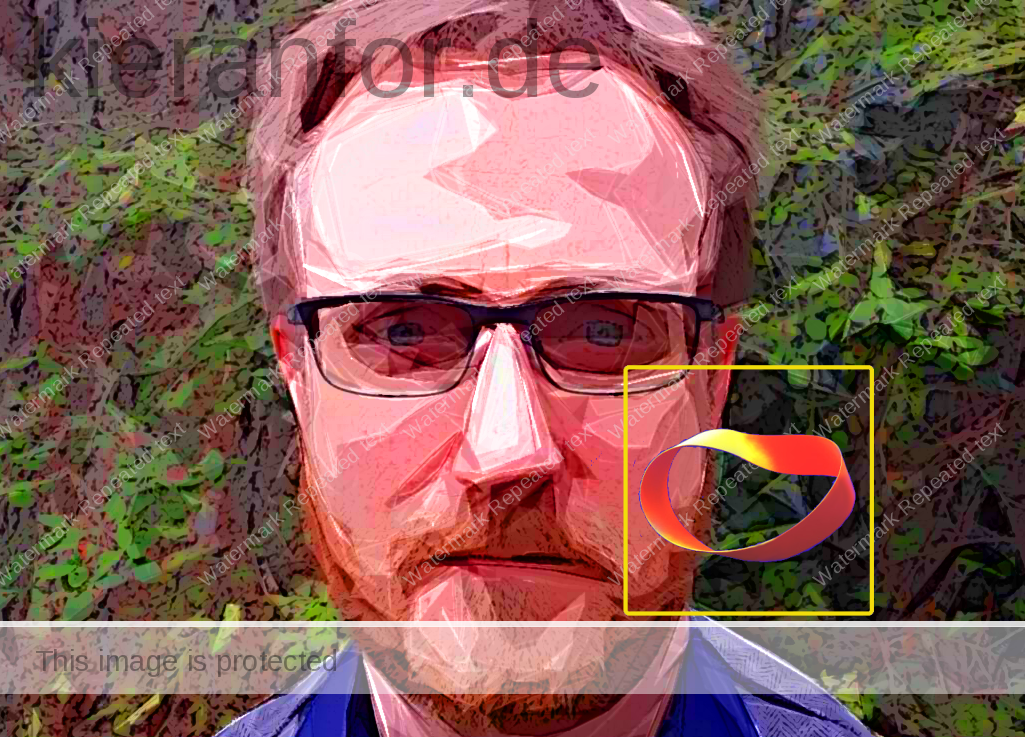
My name is Kieran Forde: Click below to hear me say my name.
I was taken by the passage in David Brooks’ The Road to Character that introduced the differences between resume virtues and eulogy virtues. My resume virtues are below in the “Forde_Resume” file. This could be read as just a list of places I have been, largely reflecting how I was engaged in making a living while in those places.
The resume doesn’t tell you much about who I am; for that, you’ll want the other link – the narrative. However, that’ll cost you slightly more than a click.
If you want access to the narrative, or any of the other protected content on this site, email me at mail@kieranfor.de

[bio / identity section under construction: Inspiration; More]
╬
